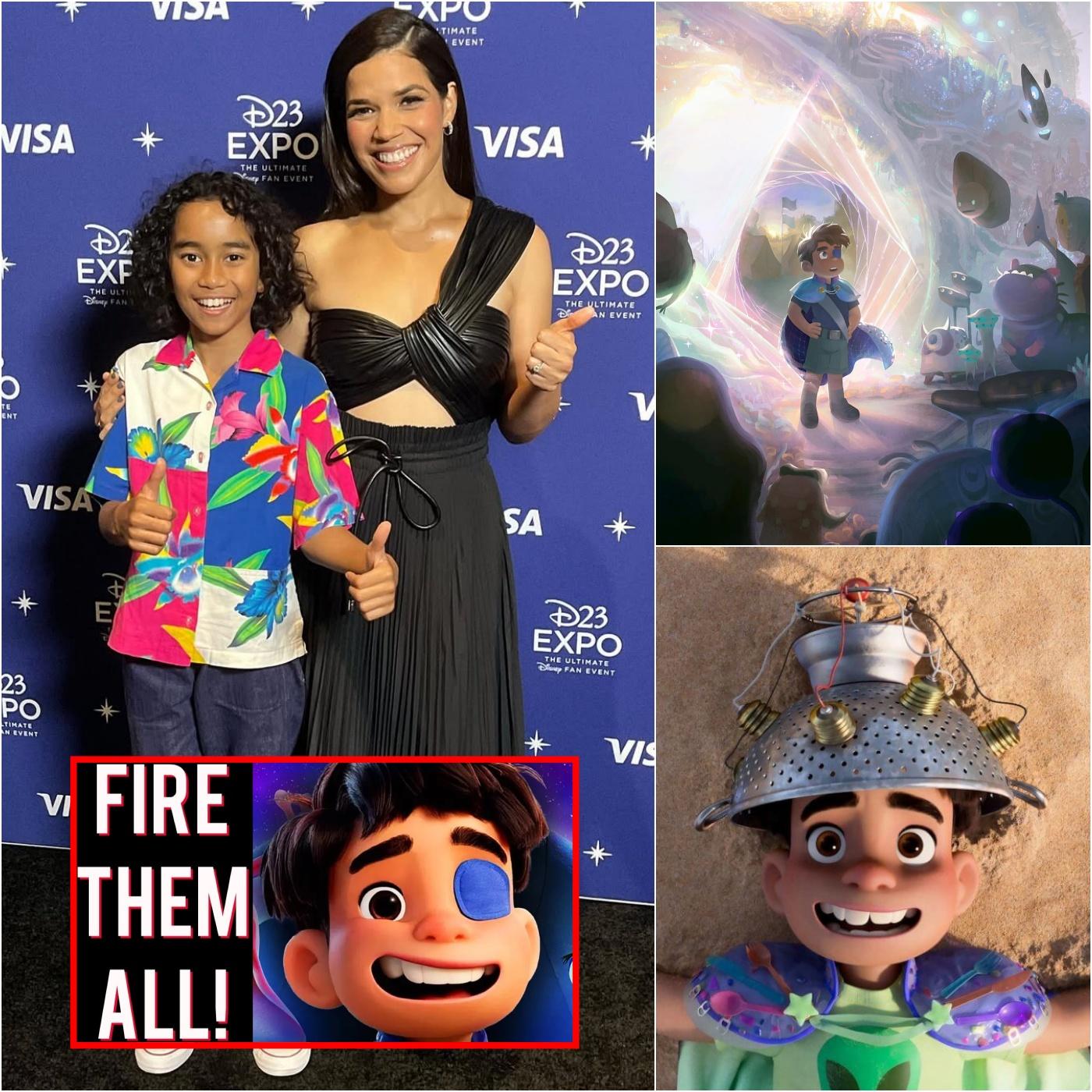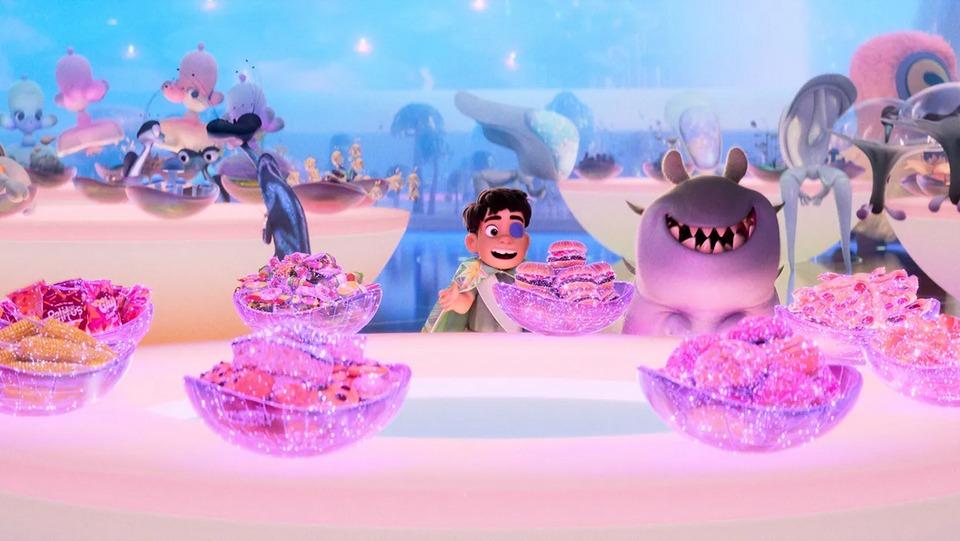Why Pixar’s ‘Elio’ Flopped: The Untold Story of a Queer-Coded Vision Lost
Pixar’s latest animated feature, Elio, has crashed at the box office, marking the studio’s worst opening weekend ever with a mere $20.8 million domestically against a reported budget exceeding $150 million. The film, which follows an 11-year-old boy accidentally whisked into an intergalactic adventure, was meant to be a heartfelt exploration of loneliness and belonging. Yet, behind its lackluster performance lies a story of creative clashes, executive decisions, and a missed opportunity to embrace a bold, inclusive vision that could have resonated with audiences worldwide.

The journey of Elio began with promise. Directed by Adrian Molina, the openly gay filmmaker behind the Oscar-winning Coco, the original cut of the film painted its young protagonist as a queer-coded character. This wasn’t about a coming-out narrative—after all, Elio is just 11—but rather a subtle reflection of Molina’s own experiences, woven into the character’s passions for environmentalism and fashion. Picture a scene where Elio, with infectious creativity, collects beach trash and transforms it into a vibrant pink tank top for a whimsical “trash-ion show” performed for a hermit crab. Or imagine his bedroom, adorned with posters hinting at a boyhood crush. These touches gave Elio a distinct, authentic personality that felt fresh and relatable.
But something went wrong. Insiders reveal that after a 2023 test screening in Arizona, where audiences enjoyed the film but unanimously said they wouldn’t pay to see it in theaters, Pixar’s leadership panicked. Feedback from studio executives, including Chief Creative Officer Pete Docter, pushed for a more “masculine” Elio, sanding down the very elements that made him unique. The “trash-ion show” was cut. The bedroom posters vanished. Elio’s love for fashion and environmentalism was muted, leaving a character that one former Pixar artist described as “generic” and a story that felt “about totally nothing.” The result? A film that lost its soul and failed to connect with audiences.

The fallout was swift. Molina, reportedly hurt by the studio’s direction, exited the project. His departure sparked an “exodus of talent,” with creatives like Sarah Ligatich, a former assistant editor and member of Pixar’s LGBTQ+ group PixPRIDE, expressing deep sadness over the changes. Even America Ferrera, originally cast as Elio’s mother, Olga, left after Molina’s exit, frustrated by the lack of Latinx representation in the film’s leadership and the constant script rewrites. Zoe Saldaña stepped in to voice Olga, now reimagined as Elio’s aunt, but the damage was done. The film, reworked under new co-directors Madeline Sharafian and Domee Shi, emerged as a patchwork that couldn’t recapture its original spark.
This isn’t Pixar’s first brush with controversy over queer representation. The studio faced backlash for cutting a same-sex kiss from Lightyear (later restored) and removing a transgender storyline from its Disney+ series Win or Lose. Reports also surfaced that Inside Out 2 was edited to avoid any hint of queer themes. While some point fingers at Disney, Pixar’s parent company, insiders insist the decisions came from within. “A lot of people like to blame Disney, but the call is coming from inside the house,” one anonymous artist told The Hollywood Reporter. This “obeying-in-advance” behavior, driven by fear of conservative backlash in a post-Lightyear and Strange World climate, has left Pixar tiptoeing around the bold storytelling it was once known for.

So, could Elio have been a billion-dollar hit? It’s tempting to wonder. Films like Coco and Inside Out proved Pixar’s ability to tackle complex themes with universal appeal. A queer-coded Elio, with his quirky passions and heartfelt journey, might have struck a chord with audiences craving authentic, diverse stories. Instead, the studio’s attempt to play it safe backfired, delivering a film that felt hollow and forgettable. As one former Pixar staffer put it, “I’d love to ask Pete and the other executives whether the rewrite was worth it. Would they have lost this much money if they simply let Adrian tell his story?”
As Pixar looks to future projects like Hoppers and Toy Story 5, the studio faces a crossroads. Will it reclaim its legacy of bold, inclusive storytelling, or continue to dilute its vision in pursuit of “mass appeal”? For now, Elio stands as a cautionary tale—a reminder that playing it safe can sometimes be the riskiest move of all.